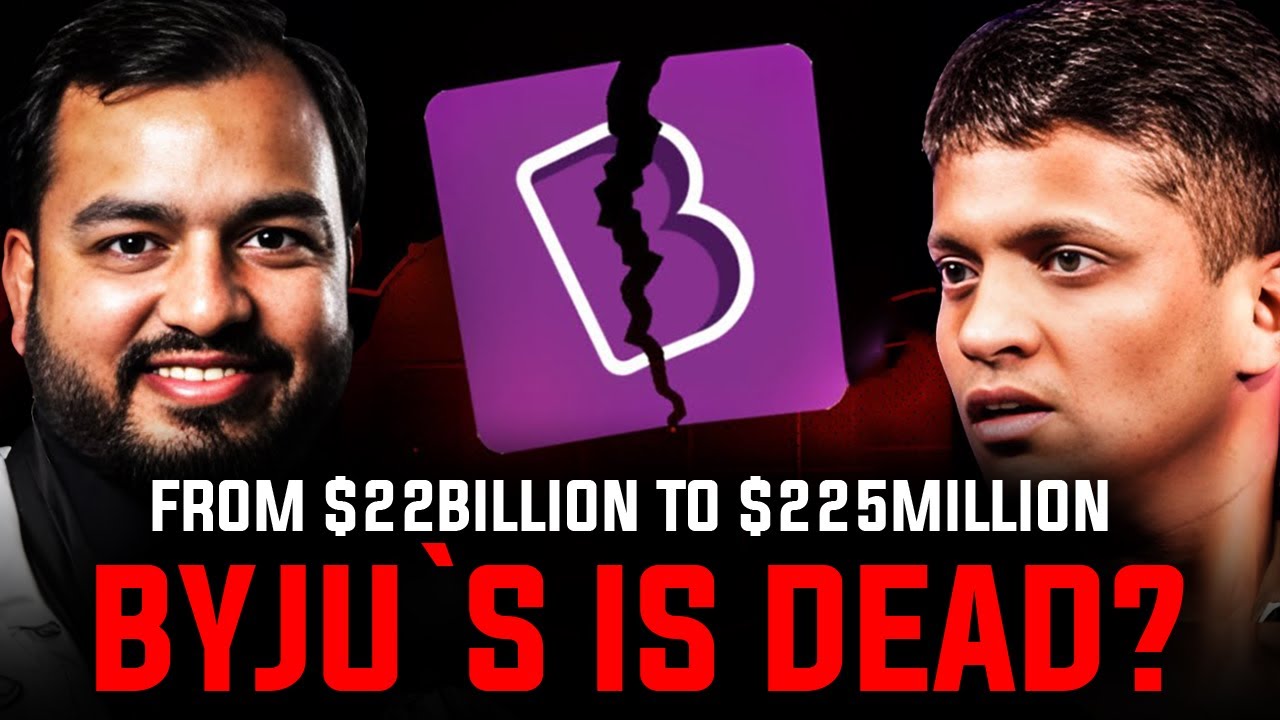CPA Ethics Dilemma: Supervisor Asks You to Commit Fraud
Summary
TLDRA newly hired CPA is confronted with ethical challenges when asked by their boss to make questionable adjustments to the company's financial records. Despite the adjustments being material, the CPA realizes they are inappropriate, leading to a conflict between job security, personal gain (such as stock options), and professional integrity. The video explores the importance of adhering to the Code of Professional Conduct, evaluating threats to integrity, and applying safeguards. Ultimately, the CPA must decide whether to act on their ethical responsibilities by escalating the issue or resigning, highlighting the complexity of navigating ethical dilemmas in the workplace.
Takeaways
- 😀 The employee recently passed the CPA exam and is excited about their new job and opportunities, including stock options in a fast-growing company.
- 😀 The employee is asked to make questionable financial adjustments, such as adjusting $850,000 for bill-and-hold sales, $500,000 wire adjustments, and reducing reserves for doubtful accounts by $500,000.
- 😀 The employee realizes that the adjustments requested may violate proper accounting principles and could result in misleading financial statements.
- 😀 The supervisor pressures the employee to make the adjustments without questioning them, emphasizing that they should be done without auditor scrutiny.
- 😀 The employee is conflicted, as they are not aware of any financial issues within the company but believe the requested entries are errors.
- 😀 The employee applies the 'threats and safeguards' approach from the CPA code of conduct, recognizing self-interest and undue influence threats in the situation.
- 😀 The employee determines that the materiality of the requested adjustments makes the threats to integrity significant, requiring action according to ethical guidelines.
- 😀 The CPA code requires the employee to discuss the matter with their supervisor, and if unresolved, escalate the issue to higher management or relevant authorities.
- 😀 If no resolution is achieved, the employee should consider reporting the issue using internal reporting mechanisms (e.g., fraud hotlines) or seek legal counsel.
- 😀 The employee is responsible for not knowingly misrepresenting financial facts or signing inaccurate documents, even if under pressure from their supervisor.
- 😀 If safeguards cannot eliminate or reduce the threat, the employee may need to resign but must still comply with legal and regulatory obligations, such as reporting the issues to external auditors.
Q & A
What are the ethical challenges the CPA faces in the scenario?
-The CPA faces ethical challenges including pressure from their supervisor to make inappropriate financial adjustments, potential conflicts of interest due to personal financial incentives, and the need to comply with professional standards while maintaining their job.
Why is the CPA concerned about the bill-and-hold sales adjustment?
-The CPA is concerned because the timing of revenue recognition for bill-and-hold sales is not appropriate according to the guidance, which could lead to misreporting financials.
What does the CPA conclude about the wire transfer from the affiliate?
-The CPA recalls overhearing a confrontation between the accounts receivable clerk and a client about overdue balances, leading to the conclusion that the wire transfer adjustment might be improper and should be scrutinized further.
What is the self-interest threat in this scenario?
-The self-interest threat arises from the CPA’s desire to keep their job, which is incentivized by stock options, a new car, and other benefits, leading to a temptation to comply with unethical requests.
How should the CPA address the ethical dilemma with their supervisor?
-The CPA should first discuss their concerns with the supervisor, explaining why they believe the requested adjustments are inappropriate, referencing professional standards and guidelines.
What should the CPA do if the supervisor insists on making the adjustments?
-If the supervisor insists, the CPA should escalate the matter to higher management or those charged with governance, as required by the Code of Professional Conduct.
What safeguards should the CPA consider in this situation?
-The CPA should consider internal safeguards such as discussing the issue with management, consulting legal counsel, and using whistleblower channels if necessary to report any potential fraud or misreporting.
Why is it important for the CPA to document the situation?
-Documenting the situation is crucial to maintain a clear record of events, which could be important for legal protection and for transparency if the issue needs to be escalated or reported to external parties.
What are the potential consequences if the CPA does not address the unethical requests?
-Failure to address the unethical requests could result in the CPA being complicit in financial misreporting, potential legal repercussions, and damage to their professional reputation.
Can the CPA keep their job while adhering to ethical standards?
-Yes, the CPA can keep their job as long as they adhere to professional and ethical standards, using safeguards like escalating the issue and seeking internal or external guidance, even if this risks their position.
Outlines

此内容仅限付费用户访问。 请升级后访问。
立即升级Mindmap

此内容仅限付费用户访问。 请升级后访问。
立即升级Keywords

此内容仅限付费用户访问。 请升级后访问。
立即升级Highlights

此内容仅限付费用户访问。 请升级后访问。
立即升级Transcripts

此内容仅限付费用户访问。 请升级后访问。
立即升级浏览更多相关视频

5 Perguntas que mais Reprovam na ENTREVISTA DE EMPREGO!

Ethics Case Study: It was Just a Careless Mistake

Employee Teaches BOSS a Lesson (2024)

What's happening to BYJU'S? : Business Case Study

EVIL BABYSITTER Mistreats KID, What Happens Next Is Shocking | Dhar Mann

★THE TERMINAL - VIKTOR NAVORSKI LOOKING FOR WORK-👍 FT TOM HANKS© 1080pHD✔
5.0 / 5 (0 votes)
